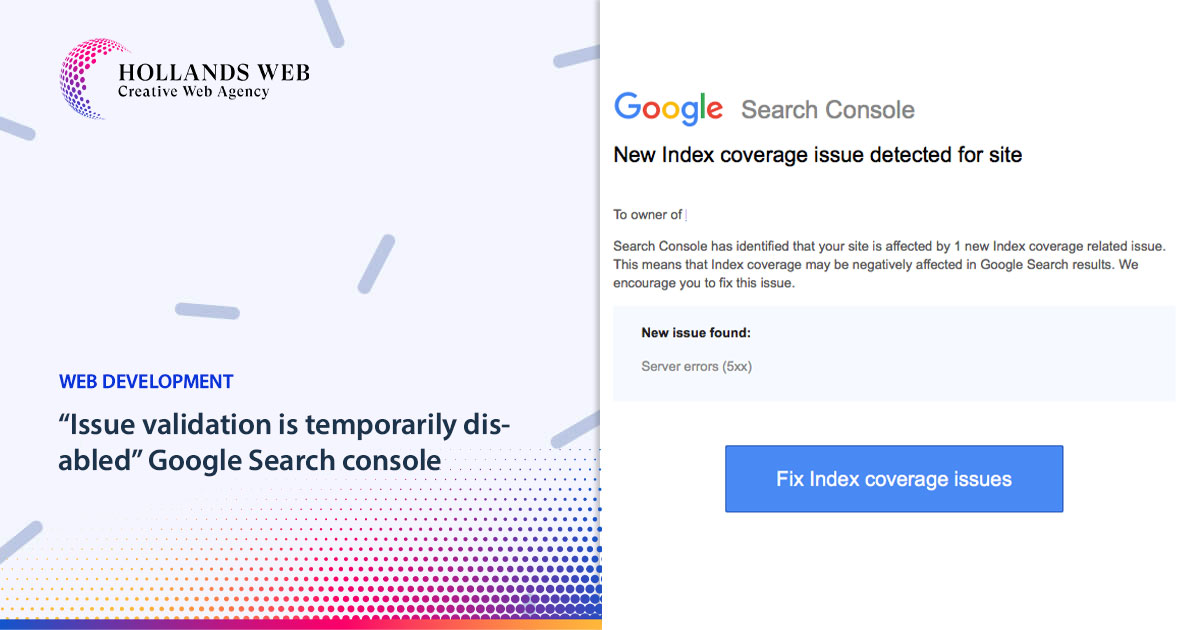No products in the cart.
Keyword research is the process of identifying the keywords and phrases that your target audience is searching for online in order to optimize your website or content to appear in the search results for those queries.
Here are the steps to find the keywords and phrases that your target audience is searching for online:
Identify your target audience:
Identifying your target audience is an essential part of any marketing strategy. Here are some steps you can take to identify your target audience:
Define your product or service:
Start by clearly defining what you offer and what problems you solve. This will help you identify the people who would benefit most from what you have to offer.
Conduct market research:
Use surveys, focus groups, or social media analytics to gather information about your potential customers’ demographics, interests, behavior, and pain points.
Create buyer personas:
Based on your market research, create a few fictional representations of your ideal customers. Give each persona a name, age, job title, and other characteristics that represent your target audience.
Analyze your existing customers:
Look at the data of your existing customers to see what they have in common, such as age, gender, location, and interests.
Study your competitors:
Analyze your competitors’ marketing strategies, who their target audience is, and how they are reaching them.
Use online tools:
Tools like Google Analytics and social media analytics can help you understand your website visitors and social media followers.
These steps, you can gain a better understanding of your target audience and develop marketing strategies that are more effective in reaching and engaging them.
Brainstorm potential keywords and phrases:
Start with a list of general terms and then add more specific ones that relate to your business, products, or services. Here are some ways to do it:
Start with your business or industry:
Think about the products or services you offer and the industry you are in. Make a list of relevant topics and themes.
Use Google Suggest:
Start typing a keyword related to your business or industry into Google search bar, and see what suggestions come up. These are popular searches related to your keyword.
Use Google Keyword Planner:
Enter a keyword related to your business or industry into Google Keyword Planner and see the related keywords it suggests. You can filter by location, language, and other criteria.
Use online forums:
Look for online forums related to your business or industry and see what questions people are asking. These can provide valuable insights into what keywords and phrases people are searching for.
Use social media:
Look at social media platforms related to your business or industry and see what hashtags people are using. These can provide ideas for potential keywords and phrases.
Use competitor analysis:
Look at the keywords that your competitors are targeting and consider using similar keywords.
Consider long-tail keywords:
Long-tail keywords are longer and more specific phrases that have lower search volumes but can be easier to rank for. Consider using long-tail keywords in addition to more general keywords.
By brainstorming potential keywords and phrases, you can develop a comprehensive list of keywords to target in your content and improve your search engine rankings.
Use keyword research tools:
Use keyword research tools like Google Keyword Planner, SEMrush, Ahrefs, or Moz Keyword Explorer to find relevant keywords and phrases. For this step we have prepared a complete research, you will learn to use keyword research tools professionally.
Analyze search volumes and competition:
Look for keywords with a high search volume and low competition to increase your chances of ranking well in search results. Here’s how to do it:
Look for high search volume:
Look for keywords that have a high search volume. This means that many people are searching for that keyword, so it can be a good opportunity to target that keyword and drive traffic to your website.
Consider low competition:
Look for keywords that have low competition. This means that fewer websites are targeting that keyword, so it can be easier to rank for that keyword in search results.
Use a keyword research tool:
Use a keyword research tool like Google Keyword Planner, SEMrush, Ahrefs, or Moz Keyword Explorer to analyze search volumes and competition for your selected keywords.
Check the keyword difficulty score:
Many keyword research tools provide a keyword difficulty score that indicates how difficult it is to rank for that keyword. Look for keywords with a low difficulty score.
Analyze your competitors:
Look at the websites that are already ranking for your selected keywords and analyze their content, backlinks, and other SEO factors to understand how competitive the keyword is.
Consider long-tail keywords:
Long-tail keywords are longer and more specific phrases that have lower search volumes but can be easier to rank for. Consider using long-tail keywords in addition to more general keywords.
By analyzing search volumes and competition, you can choose the best keywords to target and optimize your content to improve your search engine rankings.
Look at competitor keywords:
Analyze the keywords your competitors are ranking for and consider using them to optimize your own content. Here’s how to do it:
Identify your competitors:
Start by identifying your main competitors in your industry or niche.
Use a keyword research tool:
Use a keyword research tool like SEMrush, Ahrefs, or Moz Keyword Explorer to analyze your competitors’ websites and see what keywords they are ranking for.
Analyze the data:
Look at the keywords that your competitors are ranking for and their search volumes. Consider targeting similar keywords in your own content.
Look at their content:
Analyze your competitors’ content and see how they are using keywords in their content, headlines, and metadata. Consider using similar tactics in your own content.
Look at their backlinks:
Analyze your competitors’ backlinks to see which websites are linking to their content. Consider reaching out to those websites to request backlinks to your own content.
Consider unique keywords:
Look for unique keywords that your competitors are not targeting. Consider targeting those keywords to differentiate yourself and drive traffic to your website.
Analyzing your competitors’ keywords, you can understand the search landscape in your industry and develop a keyword strategy that is more effective in reaching your target audience.
Refine your list:
Refining your keywords list is an important step in keyword research to ensure that you are targeting the most relevant and effective keywords for your website. Here are some ways to refine your keywords list:
Analyze search volume and competition:
Use a keyword research tool like Google Keyword Planner, SEMrush, Ahrefs, or Moz Keyword Explorer to analyze search volume and competition for your selected keywords. Look for keywords with high search volume and low competition.
Focus on intent:
Consider the intent behind each keyword and whether it aligns with your website’s goals. Are users searching for information or looking to buy a product or service? Ensure that your keywords align with the user’s intent.
Analyze relevance:
Ensure that your keywords are relevant to your business or industry. Eliminate keywords that are too broad or not relevant to your website’s content.
Consider long-tail keywords:
Long-tail keywords are longer and more specific phrases that have lower search volumes but can be easier to rank for. Consider using long-tail keywords in addition to more general keywords.
Analyze your competitors:
Look at the websites that are already ranking for your selected keywords and analyze their content, backlinks, and other SEO factors to understand how competitive the keyword is. Consider removing highly competitive keywords from your list.
Test and adjust:
Use your refined keyword list and test it to see how effective it is in driving traffic to your website. Monitor your website’s analytics and adjust your keywords list as needed.
Create content:
Use the keywords in your website’s metadata, headlines, and content to improve its visibility in search results.
Remember that keyword research is an ongoing process, and you should regularly review and update your keywords based on changes in your industry and audience’s search behavior.






 Web Hosting
Web Hosting Web Designs
Web Designs Graphic Design
Graphic Design SEO
SEO Digital Marketing
Digital Marketing